Rational Emotive Behavioral Therapy in Drug Rehabilitation
Rational Emotive Behavioral Therapy takes on a holistic approach, tackling factors like thinking, behavior and emotions rooted in the behavior.
Cognitive: REBT approaches the cognitive aspect of addiction by focusing on the emotions related to addiction. Whether it is feeling bad, into using, or the common “just one more time” thinking, REBT teaches patients to question and challenge these thoughts with logical, positive responses. Through consistent reinforcement over time, this trains the patient to think more positively and to question their negative and harmful thoughts.
Behavior: REBT integrates a system of rewards and penalties to help users overcome bad habits. By substituting negative behaviors with positive ones, REBT helps patients create a system of delaying these negative, desired behavior. By delaying behaviors and cravings instead of mitigating them completely, REBT helps patients build self-control, which they can eventually use to not act on the cravings.
Images: REBT uses visual images as a form of motivation. Images like Rational-Emotive Imagery and Coping Imagery are used for patients to understand their feelings and emotions behind each picture and to provide confidence as to how they can achieve how they want to feel.
Rational Emotive Behavioral Therapy in Dual Diagnosis Addiction Treatment
REBT is commonly recommended by groups like SMART because it eliminated negative, harmful behaviors with positive and healthy coping techniques. Since it addresses the underlying issue, REBT is helpful in addressing both addiction and mental health disorders.
Medication Assisted Treatment in Tennessee
Resurgence Tennessee is the leading provider of Medication Assisted Treatment (MAT) for addiction in TN, for opioids as well as alcohol. Resurgence truly believes the right treatment program is the key for anyone to address and overcome their addiction. Resurgence offers a variety of 1-on-1, customizable programs to help each client find and learn their way of dealing with everyday problems without the use of substances.

